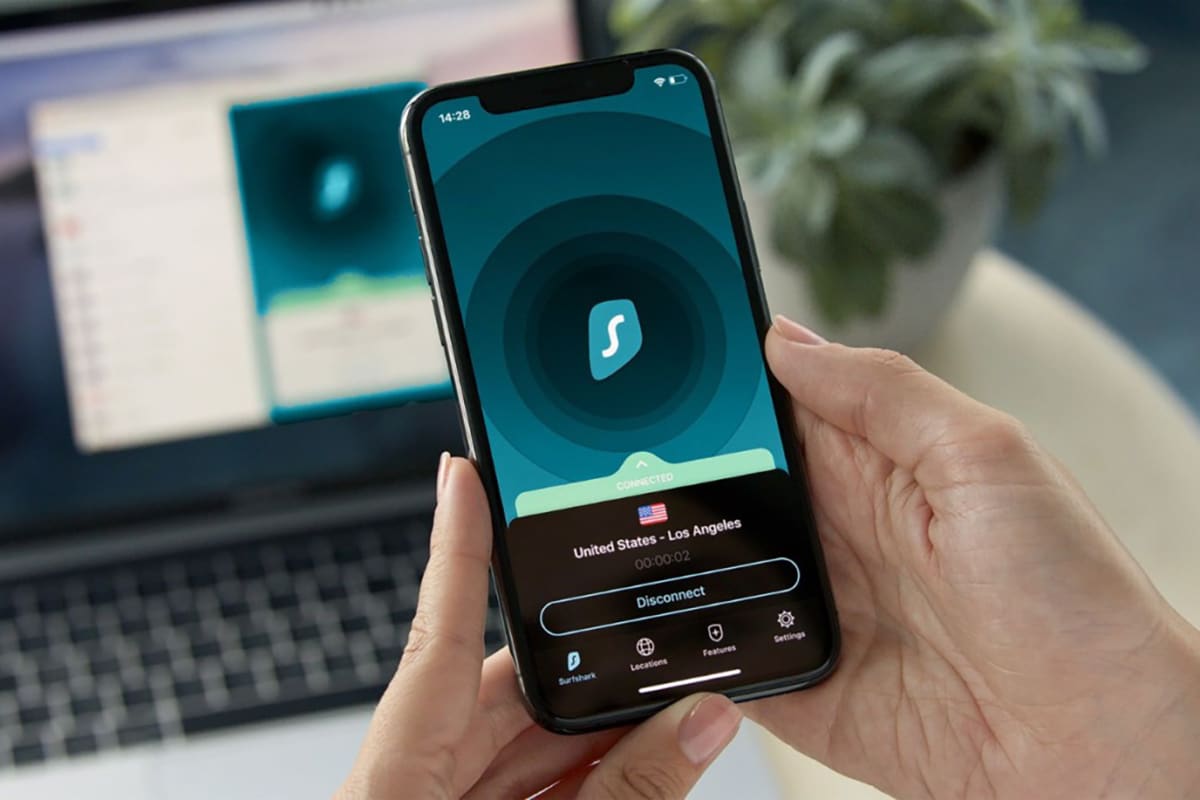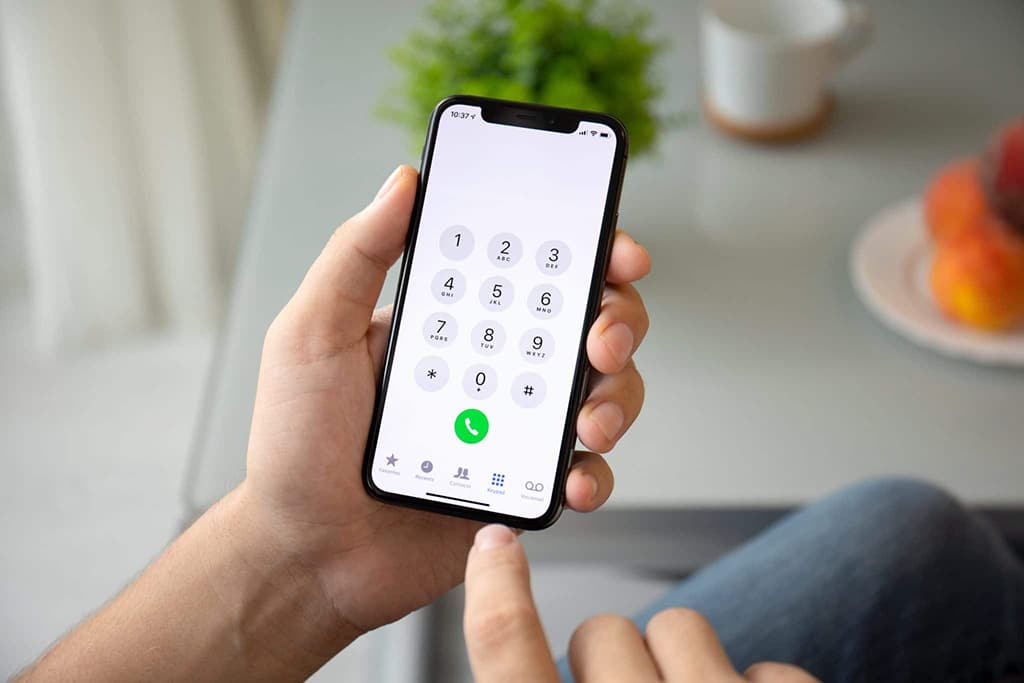You may be wondering: is it really possible for someone to hack my Gmail account in 2024? Unfortunately, the answer is yes. As one of the most popular email platforms with over 1.5 billion users, Gmail accounts are enticing targets for hackers.
In this guide, I‘ll explain the most common techniques hackers use to break into Gmail accounts, back each one up with real-world stats and examples, and provide tips to help you safeguard your own account. My goal is to educate you on potential risks so you can take steps to reduce them.
Phishing – The #1 Threat to Gmail Users
Phishing is by far the most prevalent attack vector – 91% of cyber attacks start with a phishing email, according to a 2022 IBM report. With phishing, hackers send fake emails disguised as legitimate messages from companies like Google. Their goal is to trick you into handing over your Gmail login credentials.
In a common Gmail phishing scam, you might receive an email that looks like it‘s from Google, asking you to click a link to secure, renew, or reactivate your account. The link goes to a fake Google login page where any username and password you enter is captured by hackers.
Phishing techniques are constantly evolving to become more convincing. Recent examples include:
- Emails with the subject "Gmail Account Update" or "Gmail Security Alert" with forged sender addresses like "[email protected]".
- Fake notifications about an attempted log in from a new Windows device or unknown location. The email urges you to "review log in details" on a phishing site.
- Messages claiming a new voicemail is ready and requiring you to log in to listen.
Cybercriminals put a lot of effort into making phishing emails look authentic, often spoofing legitimate email addresses and copying branding elements. According to the FTC, 37% of reported phishing attacks targeted webmail services like Gmail.
You can avoid falling victim by double checking the sender‘s address, looking for spelling errors, and never entering your Gmail password through an external link. Legitimate notifications from Google will always have you log in directly through accounts.google.com.
Keyloggers – Silently Tracking Every Keystroke
Once installed on your computer, keylogger malware records everything you type – including Gmail usernames and passwords. Criminals use keyloggers to harvest credentials for bank accounts, webmail logins, and other sensitive accounts.
According to IBM, keyloggers were used in 7% of all breaches in 2022. They are often delivered through infected email attachments or bundled with downloads from untrustworthy sites. Once running in the background, advanced keyloggers can even capture what you type in virtual keyboards and password manager apps.
Telltale signs your device could have a keylogger include accounts being accessed from new devices and unfamiliar programs running in the background. Keyloggers are difficult to detect, but you can reduce risk by only downloading software from official sources, scanning for malware, and using unique complex passwords for each account.
Automated Password Guessing – Brute Force Attacks
Another common technique is launching automated brute force attacks that rapidly guess password combinations. According to the 2022 Verizon Data Breach report, 80% of hacking breaches involved brute force or the use of lost or stolen credentials.
With access to your email address, hackers can launch programs that try endless password variations based on common keywords, phrases, combinations of your personal info, and more. Because many users still rely on weak, easy-to-guess passwords, these attacks are surprisingly effective.
You can protect yourself by using randomly generated passwords of 15+ characters, including uppercase and lowercase letters, numbers, and symbols. Avoid personal info or dictionary words. Unique passwords for each account also limits damage if one password is compromised.
Experts also recommend enabling two-factor authentication, which requires both your password and a temporary secondary code to log in. This provides important added protection against brute force attacks.
Third Party Apps – Vet Carefully Before Connecting
Hackers also exploit vulnerabilities in third party apps connected to your Gmail. According to a Consumer Reports survey, 25% of users grant account access to third party apps – but 1 in 4 weren‘t aware those apps could view emails.
Once granted permission, some apps request more data than they actually require or sell user data to third parties. Others have security flaws that hackers can exploit to gain control of accounts. Vetting apps carefully before connecting them is crucial.
Only use mainstream apps with a reputation for prioritizing user privacy and security. Check reviews mentioning security issues or unnecessary data access. Only allow apps permanent account access when absolutely required – use alternatives like temporary secure tokens if available.
Pro tip: Periodically review connected apps under your Google account permissions and revoke access for any that are no longer in use. Limiting account connections limits potential vulnerabilities.
Securing your Gmail goes a long way in protecting all your online accounts. Follow these tips to keep hackers at bay:
- Enable two-factor authentication for an extra verification layer when logging in.
- Use a password manager to generate and store unique, complex random passwords.
- Beware of phishing and look for signs like dubious links and senders. Report suspicious emails.
- Only download software from official sources and scan for malware regularly.
- Carefully vet any third party apps before granting Gmail access.
No single tactic can make you 100% hack-proof. But implementing layered security with strong passwords, limited app connections, and vigilance against phishing attempts goes a long way in keeping your account secure.
Guarding your online privacy in 2024 requires awareness of evolving hacking techniques. But a little savvy can help you spot risks early and take steps to mitigate them. Now you‘re better armed to lock down your Gmail and foil cybercriminals!




